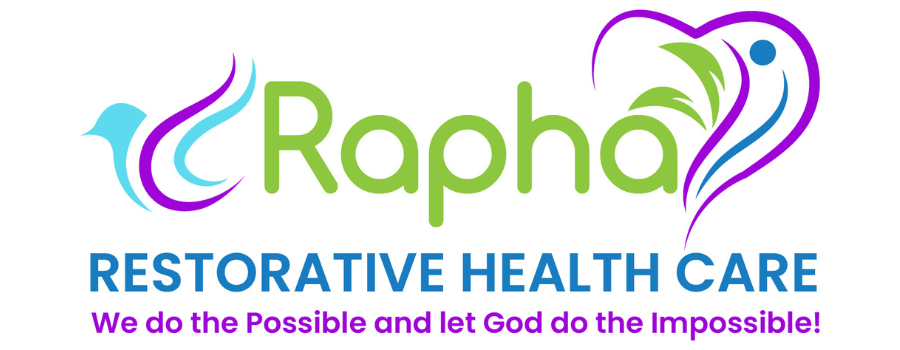Postpartum Services: A Lifeline for New Mothers
Bringing a new life into the world is a monumental event, often filled with joy, excitement, and anticipation. However, the period following childbirth, known as the postpartum period, can also be a challenging time for new mothers as they navigate physical recovery, emotional changes, and the demands of caring for a newborn. Postpartum services are designed to support women during this critical time, offering a range of physical, emotional, and practical assistance to ensure that both the mother and baby thrive.
Understanding the Postpartum Period
The postpartum period begins immediately after childbirth and typically lasts for about six weeks. During this time, a woman’s body undergoes significant changes as it recovers from pregnancy and childbirth. Hormonal fluctuations, physical discomfort, and fatigue are common, and many women also experience emotional ups and downs as they adjust to their new roles as mothers. This period can be overwhelming, particularly for first-time mothers who may feel uncertain or isolated.
The Role of Postpartum Services
Postpartum services are essential for supporting new mothers as they navigate this transitional period. These services encompass a wide range of offerings, from medical care and physical recovery support to emotional counseling and practical assistance.
- Medical Care and Physical Recovery:
- After childbirth, a woman’s body needs time to heal. Postpartum services often include medical check-ups to monitor the mother’s recovery, address any complications, and provide guidance on issues such as breastfeeding and postpartum exercise. For mothers who have undergone a cesarean section or experienced complications during delivery, specialized care may be necessary to ensure proper healing.
- Emotional Support:
- The postpartum period can be emotionally challenging, with many women experiencing the “baby blues,” a temporary mood disturbance that affects up to 80% of new mothers. In some cases, more severe conditions such as postpartum depression or anxiety may develop. Postpartum services often include counseling and support groups to help mothers navigate these emotional challenges. Access to a therapist or counselor who specializes in postpartum issues can be invaluable for mothers struggling with their mental health.
- Practical Assistance:
- Caring for a newborn can be exhausting, particularly when combined with the demands of household chores and other responsibilities. Postpartum services may include practical assistance, such as help with cooking, cleaning, or caring for older children. This support can be crucial in allowing new mothers to focus on their recovery and bonding with their baby without becoming overwhelmed by everyday tasks.
- Breastfeeding Support:
- Breastfeeding can be a rewarding but challenging experience for many new mothers. Postpartum services often provide lactation consultants who can offer guidance and support to help mothers establish and maintain successful breastfeeding practices. Whether it’s addressing issues like latching difficulties, milk supply concerns, or understanding baby’s feeding cues, these experts play a vital role in ensuring that both mother and baby are getting the most out of the breastfeeding experience.
- Education and Resources:
- Many postpartum services also include educational resources to help new mothers navigate the challenges of early parenthood. This can include information on infant care, sleep strategies, and postpartum self-care. Workshops, classes, and online resources can provide valuable knowledge and empower mothers to feel more confident in their new role.
The Importance of Community Support
In addition to professional postpartum services, community support is also vital for new mothers. Family, friends, and local support groups can provide a network of care and encouragement, helping to alleviate feelings of isolation and overwhelm. Many postpartum service providers work to connect mothers with local resources and peer support networks, fostering a sense of community and shared experience.
Conclusion
Postpartum services are a lifeline for new mothers, offering essential support during one of the most transformative periods of their lives. By addressing the physical, emotional, and practical needs of new mothers, these services play a crucial role in promoting maternal well-being and ensuring that both mother and baby have the best possible start. As awareness of the importance of postpartum care continues to grow, more women are gaining access to the resources they need to thrive during the postpartum period, setting the stage for a healthy and happy journey into motherhood

